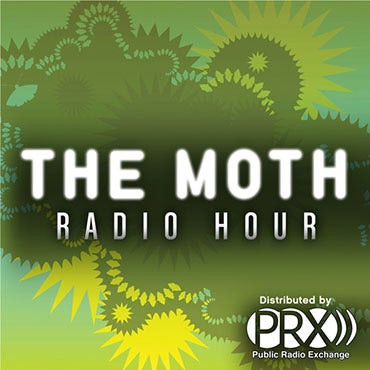Food waste? Not in Philly!
It should come as no surprise that as a land of plenty, we waste plenty too. After paper and paperboard, food waste is the second biggest solid waste in the U.S. According to Wholelving.com, the average American household creates about 1.28 pounds of daily waste, equal to 14% of the family’s food purchase. Jonathan Bloom, author of American Wasteland makes it clear that Americans waste 40% of the food we produce for consumption, and it comes at a heavy price. Not only does most food waste end up in landfills, it leaves us with methane gas, more potent than CO2. Not sustainable. Not just, especially as food prices and the population of hungry Americans are continuously on the rise. This is SO not Philly, if we are on our way to becoming the next great city.
It’s a global concern that can and is being addressed on local levels. In 2010, the Next Great City Philadelphia poll revealed that 90% of us recycle on a regular basis and the 85% us favor more public funding to reduce waste and increase recycling. A good sign! There’s potential, and it’s something we all can do.
One of the players leading us in the right direction is PhillyCompost, a sustainable business that accommodates residential and commercial neighborhoods in the city’s recycling initiative. Their services include tips on how to backyard compost, sale of compost, food waste collection and compost coop. We can join them in “helping Philadelphia achieve a zero waste future by keeping food and yard waste out of landfills through composting in our neighborhoods.” Visit their site to learn more about composting with neighbors.
Curbing food waste can begin at home. It may be a scary thought. But the starting point would be to take a real good look at our household trash. We can determine exactly what’s in there and make a conscious attempt to decrease whatever there is more of. Of course, this will vary.
Here’s a great start list that’s fridge-worthy:
1. Shop local when you can.2. Take refrigerator organization to the next level. Place newly bought foods towards the back and foods that need immediate attention to the front to remind ourselves that it has to be eaten sooner than later.3. Never underestimate the power of meal planning. This can be done on a weekly, biweekly or monthly basis, depending on how frequently you shop.4. Create a list and stick with it.5. Control portions, serve only what you know you will eat and do it mindfully.6. Share food: Join a food swap or create an informal neighborhood coop where food is exchanged more and wasted less. One man’s food waste is another’s man’s dinner.7. Foodcycle: Freeze or reinvent leftovers. Get creative; turn less fresh vegetables into juice, over-ripe fruits into smoothies. Ferment what you won’t be eating anytime soon. Resuse beans for burritos, tacos or soups.8. After all are said and done, compost scraps and feed the earth.
Curbing food waste is not only an eco-friendly way to go, it can also help you keep some of that green in your wallet.
Visit these sites to learn more about avoiding food waste and recycling what you can’t:
Northwest Philly Parents is a partnership between Newsworks and Germantown Avenue Parents.
WHYY is your source for fact-based, in-depth journalism and information. As a nonprofit organization, we rely on financial support from readers like you. Please give today.

